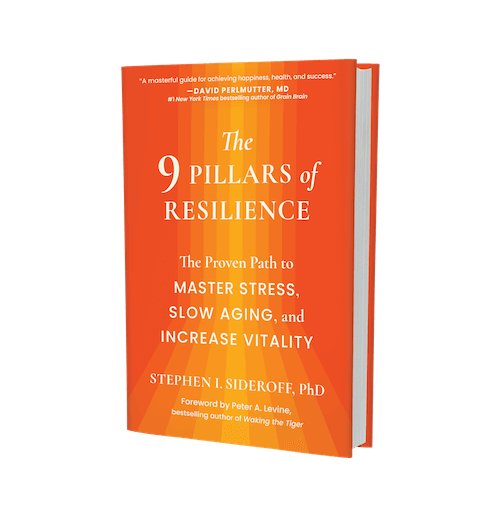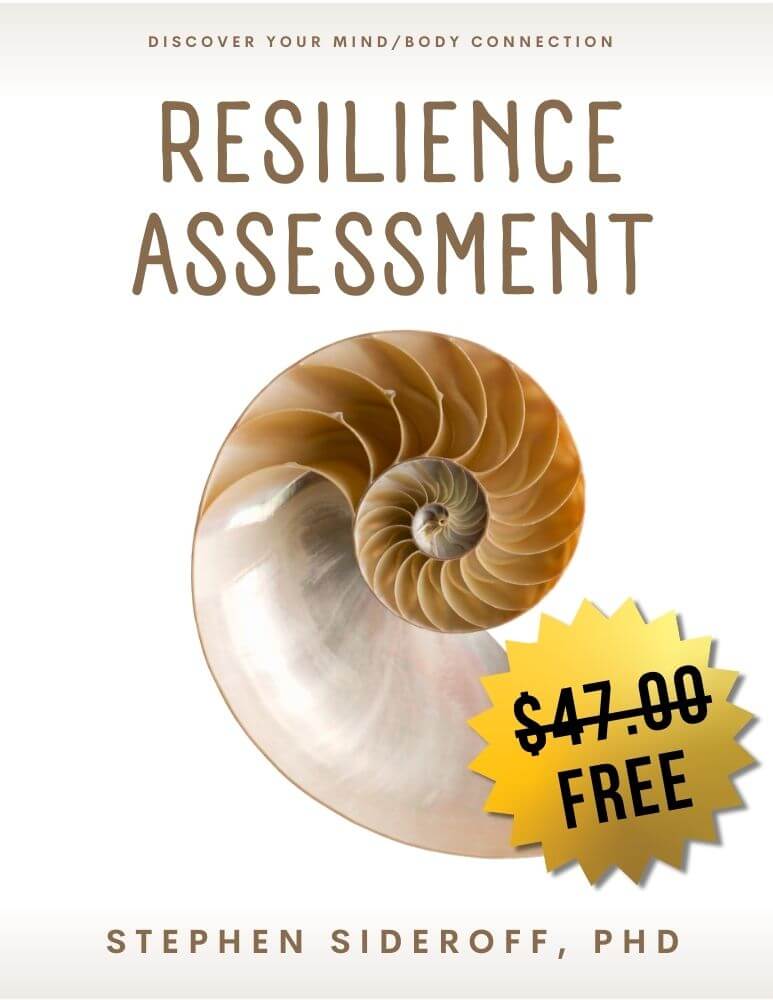
What is stress, anyway? There are many misconceptions about stress. With all the publicity on the subject, one can easily get the message that stress is bad and should be eliminated. At the same time, we seem to look for and even desire stress. How is it possible to reconcile these two positions?
The quick and dirty answer is that stress is a necessary and even helpful part of life. In fact, it’s almost impossible to achieve success without encountering a certain amount of stress. It prepares you for danger, but more importantly, it mobilizes your body for action. It helps sharpen your senses to take in more information and be more vigilant. And, within limits, it improves performance. The problem occurs when you lose control of your stress, when you place too much stress on yourself, and when you don’t allow your body to recover appropriately from these stresses. Stress is also bad when you maintain defensive patterns based on childhood learning and don’t adjust to the new realities of your adult life.
Let me present a brief definition of stress so you can see why it has become such a buzzword in our language and an influence on our lives. Anything that is a potential source of danger is a source of stress, referred to as a “stressor,” or “stress trigger” (in other words, it’s something that triggers your response).
To protect yourself from this danger, your body prepares to either fight the danger or flee from it. Your body’s response can be considered your stress reaction, or stress response, to these demands. Your stress response can be triggered by an automobile cutting in front of you, a deadline at work, conflict in a relationship, or a death in the family.
Stress is also caused by positive events such as getting a promotion, taking on a challenging or exciting project, getting married, and having a baby. Yes, stress can occur as a result of both good events and bad events—after all, if you get promoted at work there is typically an escalation in demand and expectation, which can be experienced as danger, particularly if you are concerned about your ability to meet that demand.
Dr. Stephen Sideroff is an internationally recognized expert in resilience, optimal performance, addiction, neurofeedback and alternative approaches to stress and mental health. He is Assistant Professor in the Department of Psychiatry & Biobehavioral Sciences at UCLA’s School of Medicine, as well as the Director of the Raoul Wallenberg Institute of Ethics. www.drstephensideroff.com

